In the ever-evolving landscape of skincare and wellness, one name constantly pops up in conversations about anti-ageing and hydration: Hyaluronic Acid (HA). You’ve likely seen this ingredient listed in serums, moisturizers, and even supplements, but what exactly makes it so popular? Why are dermatologists, beauty enthusiasts, and wellness experts constantly raving about it? Let’s explore what Hyaluronic Acid is, its incredible benefits for skin, joints, and overall well-being, and why you might want to consider supplementing it as part of your daily routine.
What Is Hyaluronic Acid?
Hyaluronic Acid (HA) is a high-molecular-weight polysaccharide, which essentially means it is a sugar molecule naturally found in your body, primarily in your skin, connective tissues, and joints. It acts as a moisture magnet, binding water to collagen, and keeping skin looking plump, hydrated, and youthful. HA is also a critical player in joint lubrication, helping reduce friction between bones.
Though HA is naturally produced by the body, it decreases with age. Starting in your late 20s and early 30s, you may begin to lose HA, which is why your skin starts to appear less firm and elastic, and joint discomfort might start creeping in. That’s when many people turn to HA supplements and skincare to restore their body’s diminishing levels.
A Fascinating Discovery: The Origins of Hyaluronic Acid
Hyaluronic Acid was first discovered in 1934 by Karl Meyer, a scientist who identified the compound while studying the viscous fluid in the eye. Since then, its application in medical and cosmetic fields has exploded. One intriguing case that brought HA into the spotlight involved a small Japanese village, Yuzurihara, often called “The Village of Long Life.” Residents, known for their vibrant, wrinkle-free skin and agile joints well into their 80s and 90s, credited their youthful appearance and health to their diet rich in soy and tofu, foods that help stimulate the body’s production of hyaluronic acid.
Why Should You Supplement with Hyaluronic Acid?
You might wonder: if the body naturally produces HA, why supplement it? The answer is simple: age. By the time you reach your mid-40s, your body produces about half the amount of Hyaluronic Acid it did in your youth. This depletion contributes to the appearance of wrinkles, dry skin, and stiff joints. By adding an HA supplement or skincare product to your routine, you can help counteract these effects.
The Skin Benefits of Hyaluronic Acid
-
Deep Hydration: HA can hold up to 1,000 times its weight in water, making it a super-hydrator for your skin. When applied topically, it can draw moisture from the environment into your skin, giving you that plump, dewy look.
-
Anti-Aging: Regular use of HA can help reduce the appearance of fine lines and wrinkles. A clinical study involving women aged 45 to 60 showed that daily consumption of HA significantly improved skin elasticity and hydration over 40 days. Notably, participants experienced a reduction in wrinkles and skin roughness, leaving their skin looking smoother and more youthful.
-
Wound Healing: One of HA’s lesser-known benefits is its role in wound healing. Because it enhances tissue hydration, it helps to speed up recovery time from wounds and reduces the risk of infection. It’s often used in medical treatments for burns, cuts, and even surgical wounds to accelerate healing.
Joint Health and Mobility
HA isn’t just a beauty powerhouse; it also plays a significant role in joint health. The synovial fluid in your joints contains high levels of HA, which acts as a lubricant, reducing friction and easing movement. As you age, the natural levels of HA in your joints decrease, which can lead to stiffness and discomfort. This is why HA supplements are often recommended for those with osteoarthritis or other joint issues.
In one study involving individuals with knee osteoarthritis, patients who took 500 mg of HA three times a day for 28 days reported significant improvements in joint mobility, pain reduction, and an overall increase in quality of life. They also experienced fewer side effects compared to traditional treatments like diclofenac, a commonly prescribed anti-inflammatory drug.
Low vs. High Molecular Weight: Which Should You Choose?
When shopping for HA products, you might notice terms like “low molecular weight” or “high molecular weight” hyaluronic acid. Both forms serve different purposes:
-
High Molecular Weight Hyaluronic Acid: This form stays on the skin’s surface and is ideal for topical hydration and anti-inflammatory benefits. It’s also often used in joint supplements for its ability to ease osteoarthritis symptoms.
-
Low Molecular Weight Hyaluronic Acid: This variant penetrates the skin more deeply, making it a better choice for people looking to combat wrinkles and boost hydration from within.
The Role of Liposomal Hyaluronic Acid: Superior Absorption
One of the challenges with HA, especially when taken orally, is its low bioavailability. Since it’s a large molecule and water-soluble, it doesn’t easily cross the cell membrane, meaning your body may not absorb it effectively. That’s where liposomal HA comes in. Liposomes are microscopic bubbles made from phospholipids (the same material as cell membranes), which encapsulate HA, protecting it through the digestive system and allowing it to be absorbed more efficiently.
Liposomal delivery systems like micelles, phospholipid complexes, and nano-emulsions are increasingly being used in skincare and supplements to improve the absorption of active ingredients like HA, offering superior results compared to traditional forms.
Surprising Benefits of Hyaluronic Acid You Might Not Know About
While HA is best known for its skin and joint benefits, its advantages go far beyond that:
-
Eye Health: HA is a key component of the vitreous fluid in your eyes. It’s often used in eye drops to alleviate dryness and discomfort, and it can help speed up recovery after eye surgery.
-
Oral Health: HA can also improve gum health and accelerate recovery from oral surgery or gum disease. It’s commonly included in toothpaste and mouthwashes for its anti-inflammatory and healing properties.
-
Hair Growth: Since HA improves skin hydration, it indirectly benefits your scalp health, which can promote hair growth and reduce hair thinning.
Are There Any Risks?
As with any supplement or skincare ingredient, it’s essential to be aware of possible risks. While HA is generally safe for most people, there are some instances where you should consult a healthcare professional:
-
Gallbladder Disease: HA can exacerbate symptoms in people with gallbladder issues.
-
Medications: If you’re taking anti-coagulants or undergoing chemotherapy, it’s crucial to discuss HA supplements with your doctor, as it may interfere with treatment.
Conclusion: Embrace the Power of Hyaluronic Acid
Whether you’re looking to boost your skin’s hydration, improve joint flexibility, or even promote healthier hair, Hyaluronic Acid is a game-changer. Its ability to retain moisture, improve elasticity, and speed up healing makes it an indispensable tool for overall wellness. With modern advancements like liposomal delivery systems, HA’s benefits are now more accessible and effective than ever before.
As we age, it’s crucial to maintain HA levels in our bodies to look and feel our best. Supplementing with high-quality HA products, especially those using liposomal technology, can make all the difference in achieving radiant skin, flexible joints, and improved well-being.

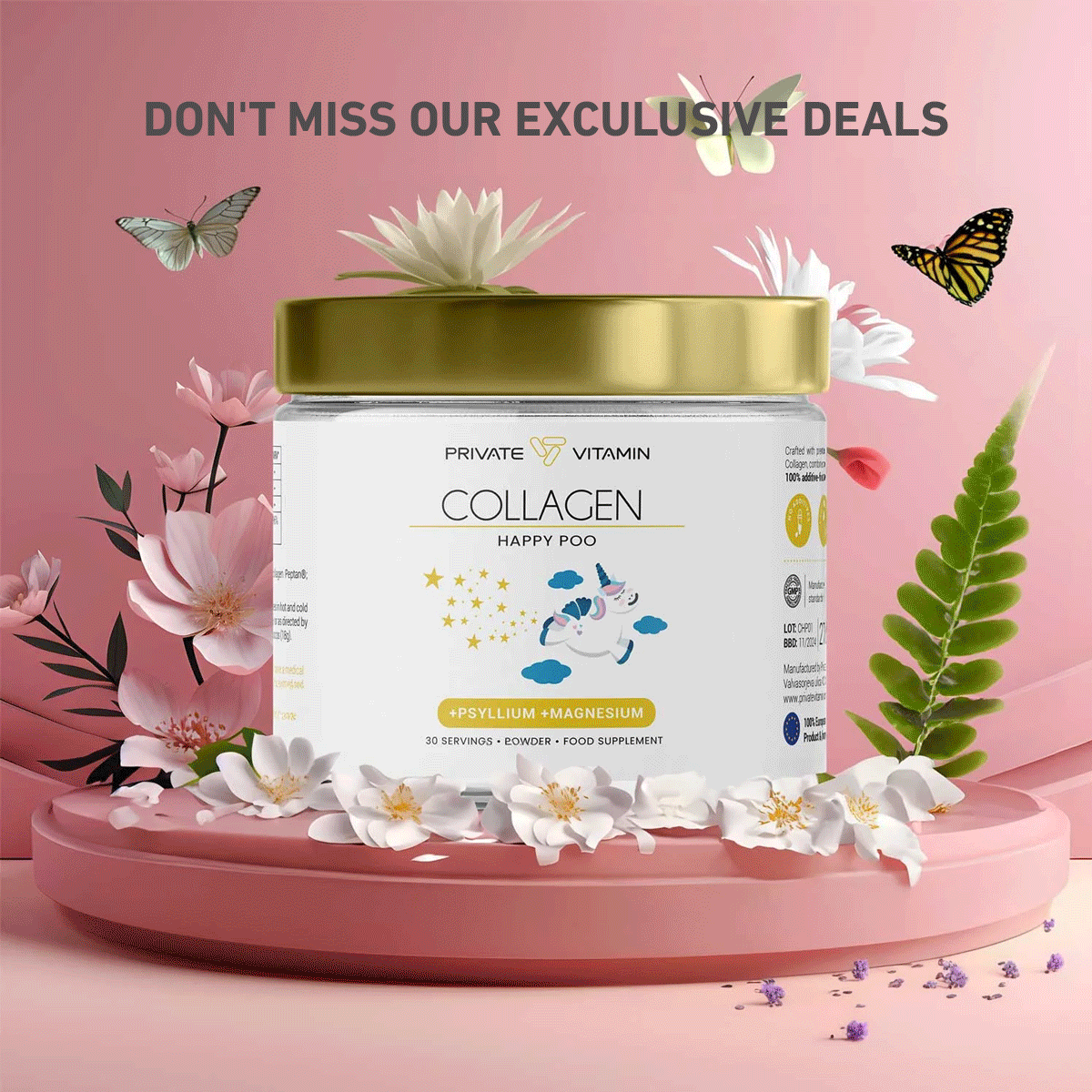
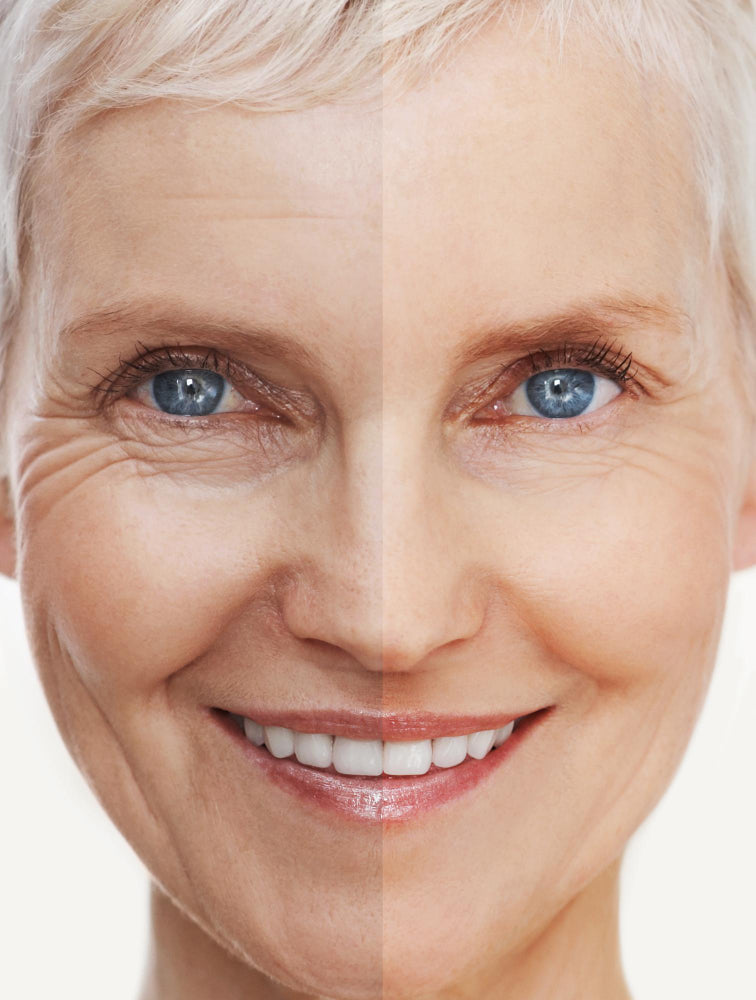
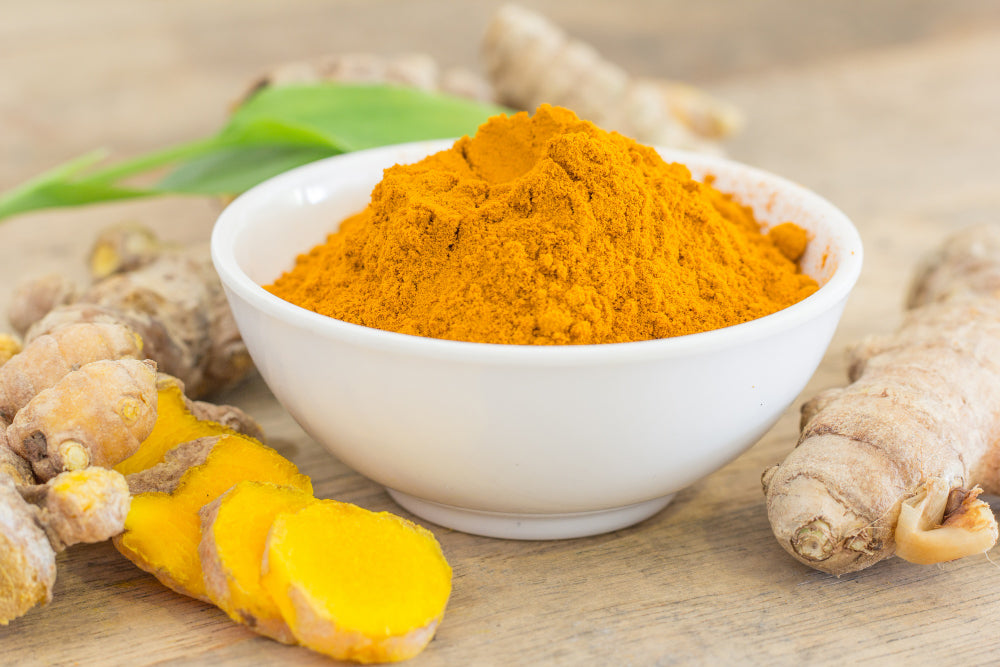
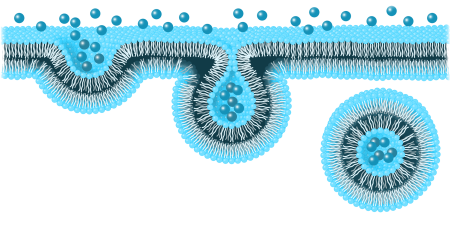
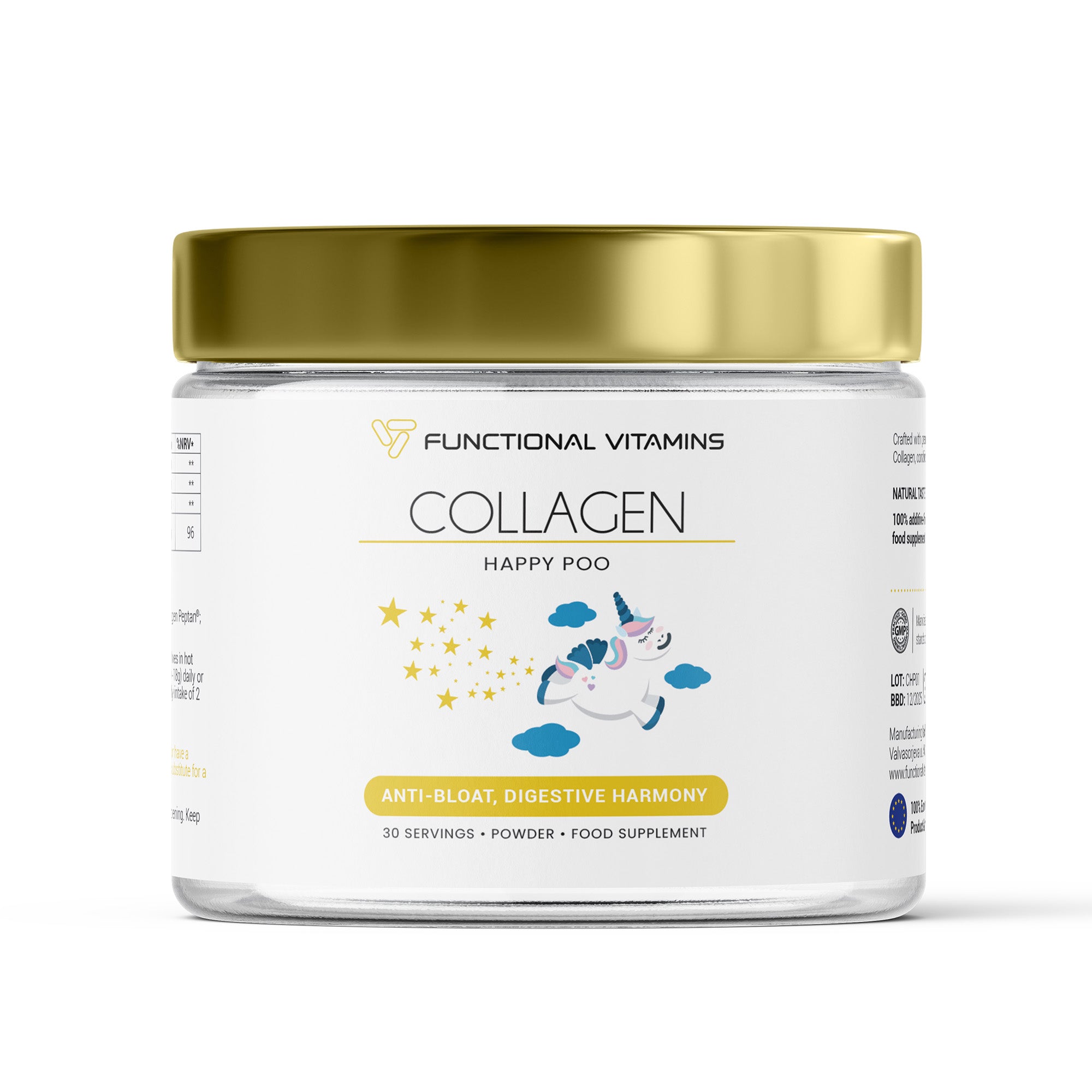

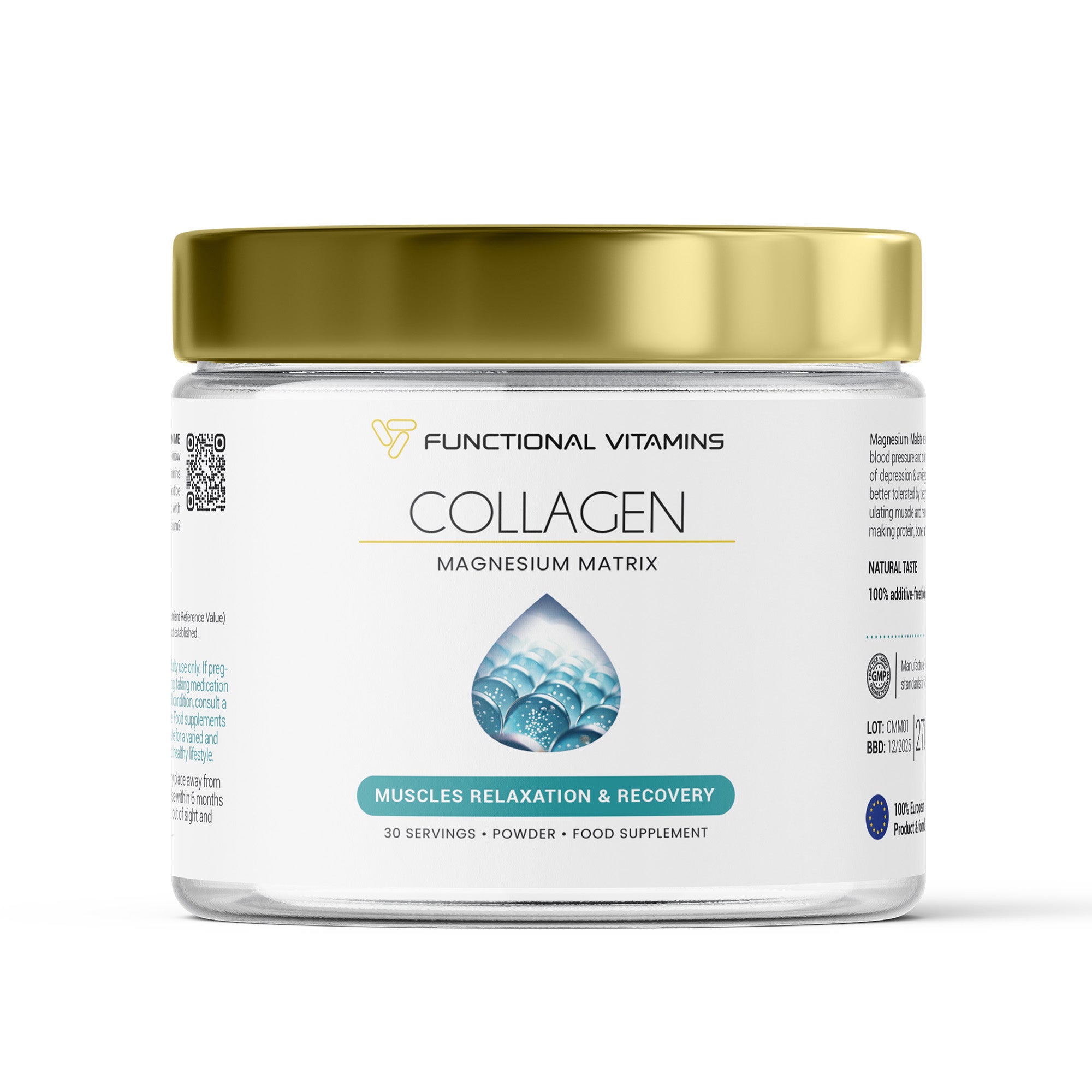

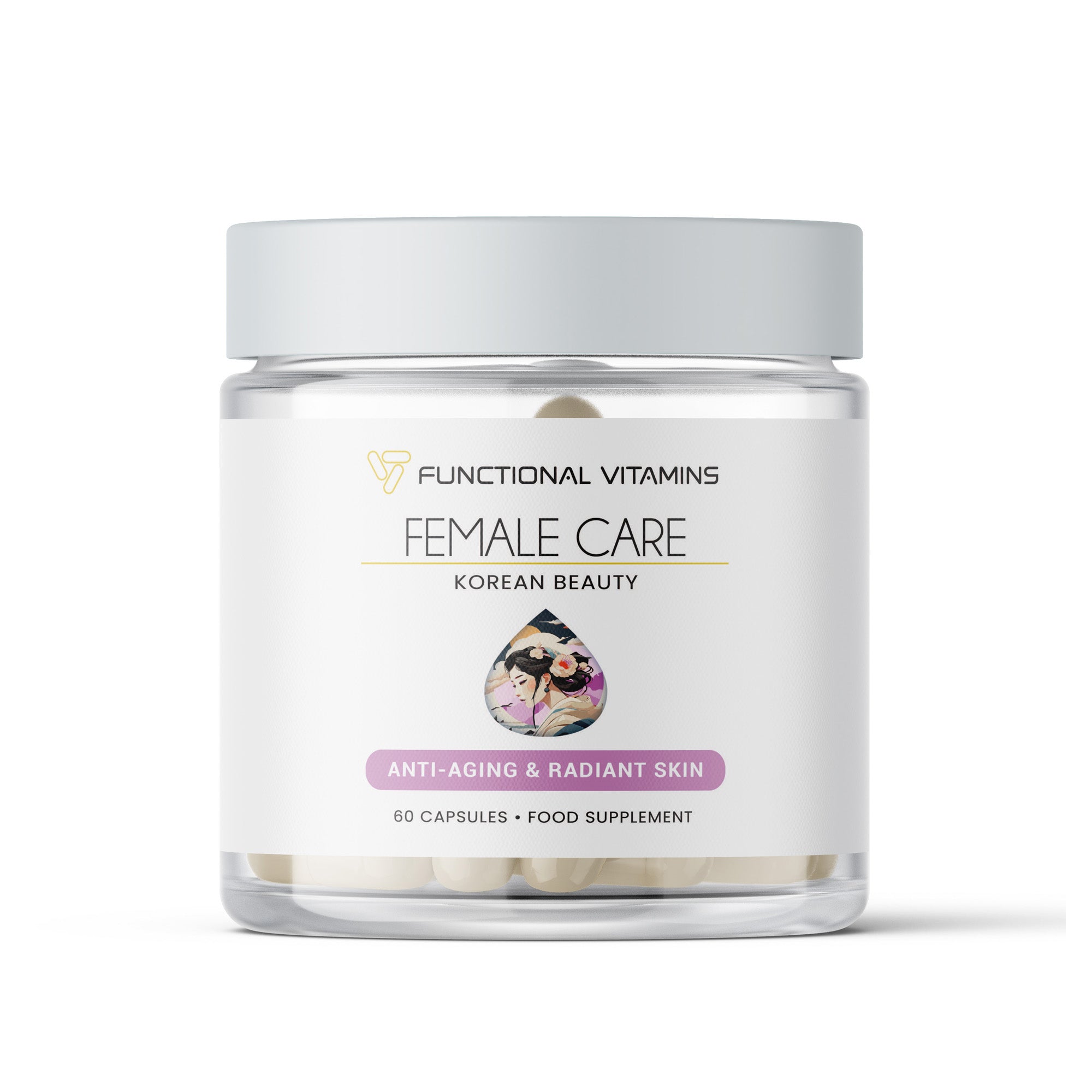
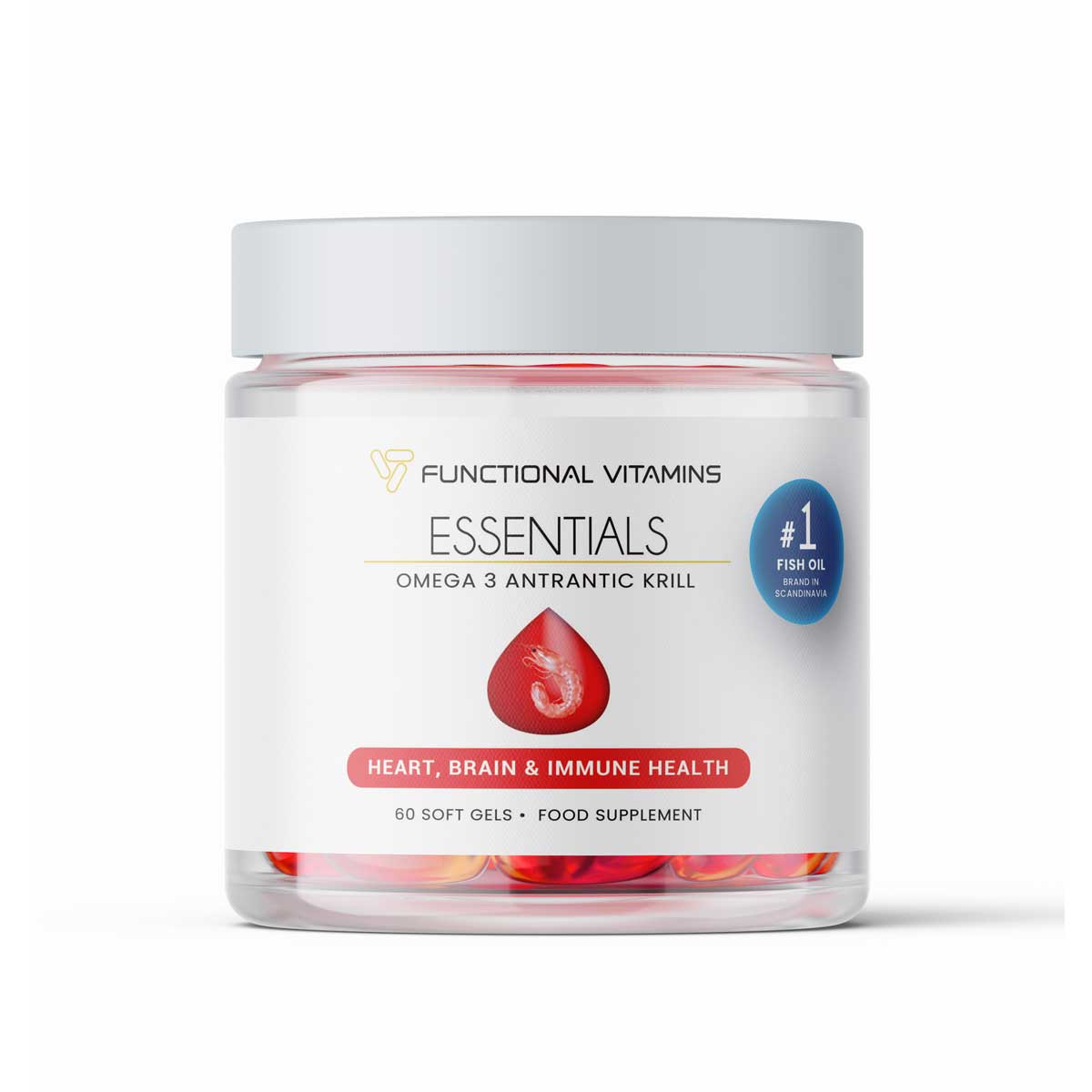

Leave a comment
This site is protected by hCaptcha and the hCaptcha Privacy Policy and Terms of Service apply.